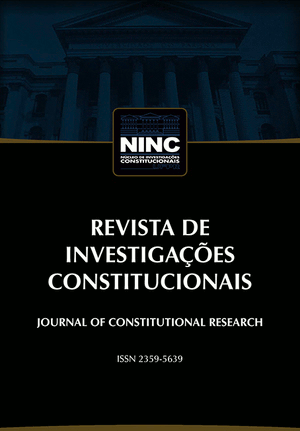Abstract
Brazil has been constitutionalizing disputes on women’s right to terminate unwanted pregnancy. This paper explains how this process started with the drafting of the new constitution in 1986-87, and evolved in different arenas, the legislative, the executive and in the public sphere. Most recently, it moved to the Supreme Court, primarily in its anencephalic pregnancy decision, brought as a Claim of Non Compliance with Fundamental Precept (ADPF 54). Decided in 2012, it was the first time since the adoption of the Penal Code in 1940 that the Brazilian Supreme Court moved the criminal boundaries to enable women to decide whether to terminate anencephalic pregnancies. The purpose of this article is to examine how the ADPF 54 decision contributed to the constitutionalization of abortion. First, it established the right to life as a non-absolute right, granting constitutional legitimacy to the system of legal exceptions. Second, it signaled the balancing of constitutional rights as the reasoning paradigm for this issue. Third, in framing the controversy as a matter of balancing constitutionally protected rights, the positions established in the Court ultimately recognized crucial understandings of women’s rights.
Keywords:
Brazil; Constitution; anencephaly; pregnancy; abortion; women’s rights
